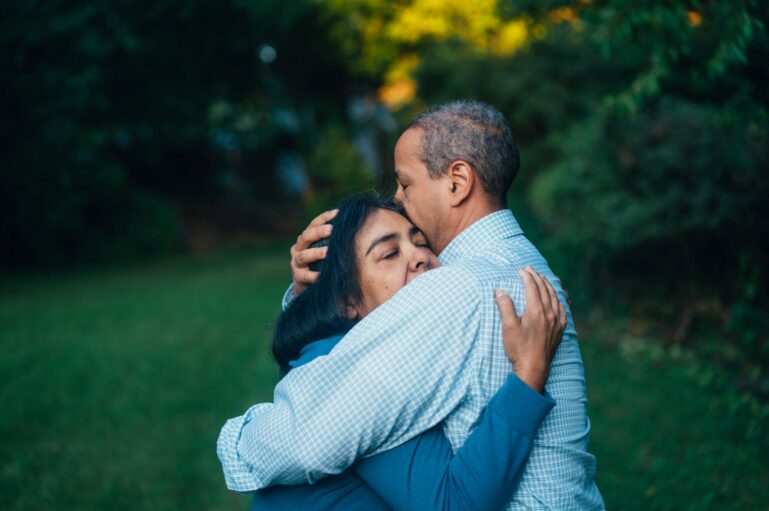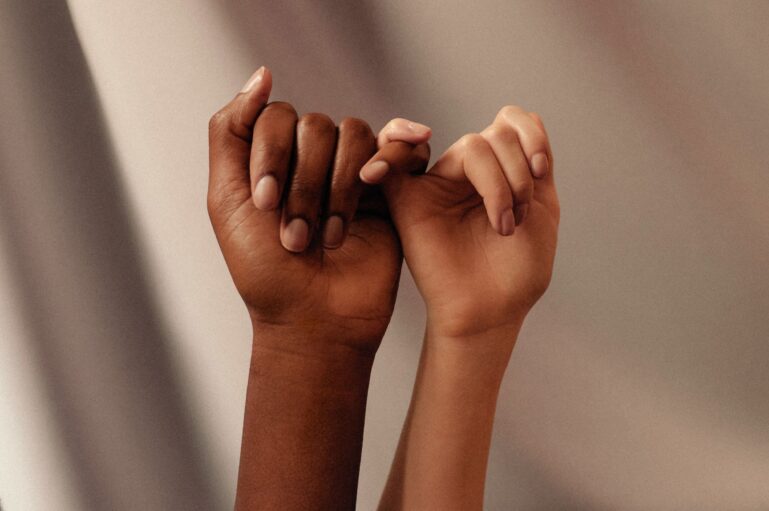“Never does the human soul appear so strong and noble as when it forgoes revenge and dares to forgive an injury” (E H Chapin)
Magnanimity is not a commonly understood concept. Although many people don’t recognise the word, most grasp the meaning when it is explained and recognise it personally as an area of needed improvement. The world is full of people who are swift – in seeking revenge, in finding fault, in criticising and in getting even. These same people are also slow – at holding their tongues, at forgiving and even slower at forgetting. Dr Stephen R Covey (7 Habits of Highly Effective People) notes: “One of the leading reasons for a lack of magnanimity is what I call a scarcity mentality. People with a scarcity mentality think that there is only so much in the world to go around. It’s as if they see life as a pie – when another person gets a big piece, then they get less. Such people are always trying to get even, trying to pull others down to their level so they can get an equal or even bigger piece of the pie. But it is an abundance mentality and a feeling of inner security that truly are at the root of magnanimity”.
The emotional intelligence and will to control your emotions and actions in response to indignities done by others is increasingly rare in today’s litigious culture. Yet, such control is at the very core of a magnanimous attitude. A magnanimous person is one who rejects revenge and rises above anger while in pursuit of more worthy ends. The Readers Digest (in the book: Everyday Greatness) refers to Mahatma Gandhi as an example of magnanimity: “Throughout his life there were many occasions when he could easily have allowed anger to govern his thoughts and actions, but instead, he chose magnanimity over revenge as his guide for making decisions. In the process, he greatly influenced those near to him”.
One such person that Gandhi influenced was Vijaya Lakshmi Pandit, former High Commissioner for India in the United Kingdom who learnt about the depth and healing power of magnanimity from Gandhi – I quote from her “The Best Advice I Ever Had”:
“Most people pass through a period of anguish when their belief in humanity is at a low ebb. I was in such a period. My husband had recently died. My deep sorrow over his loss was followed by the humiliating realisation that in the eyes of Indian law I had no individual existence. Along with other Indian women, I had participated for years with men in the national struggle for freedom, working and suffering side by side with them until it had finally been achieved – yet in law we women were still recognised only through our relationship to men. Now, as a widow without a son, I was not entitled to any share of the family property, nor were my two daughters. I resented this galling position. I was bitter towards those members of my family who supported this antiquated law.
At this time, I went to pay my respects to Gandhi and say good-bye before leaving for America to take part in the Pacific Relations Conference. After our talk, he asked: “Have you made peace with your relatives?”
I was amazed that he would take sides against me. “I have not quarrelled with anyone”, I replied, “but I refuse to have anything to do with those who take advantage of an outworn law to create a difficult and humiliating situation for me”.
Gandhi looked out of the window for a moment. Then he turned to me and smiled and said: “You will go and say good-bye because courtesy and decency demand this. In India, we still attach importance to these things”.
“No”, I declared, “not even to please you will I go to those who wish to harm me”.
“No one can harm you except yourself”, he said, still smiling. “I see enough bitterness in your heart to cause you injury unless you check it”. I remained silent and he continued: “You are going to a new country because you are unhappy and want to escape. Can you escape from yourself? Will you find happiness outside when there is bitterness in your heart? Think it over. Be a little humble. You have lost a loved one – that is sorrow enough. Must you inflict further injury on yourself because you lack courage to cleanse your own heart?”
After a lot of inner searching, Vijaya took Gandhi’s advice and went to bid her family good-bye, extending love to them. A great burden was lifted, and she was free to be herself.
Magnanimity requires a deep dive into enabling our emotional intelligence. Harbouring resentment, on the other hand, disables our ability to live fully. When we don’t forgive, we give our futures away. We empower other people’s weaknesses, past or present, to take away our power. Today and tomorrow are held hostage by yesterday.










